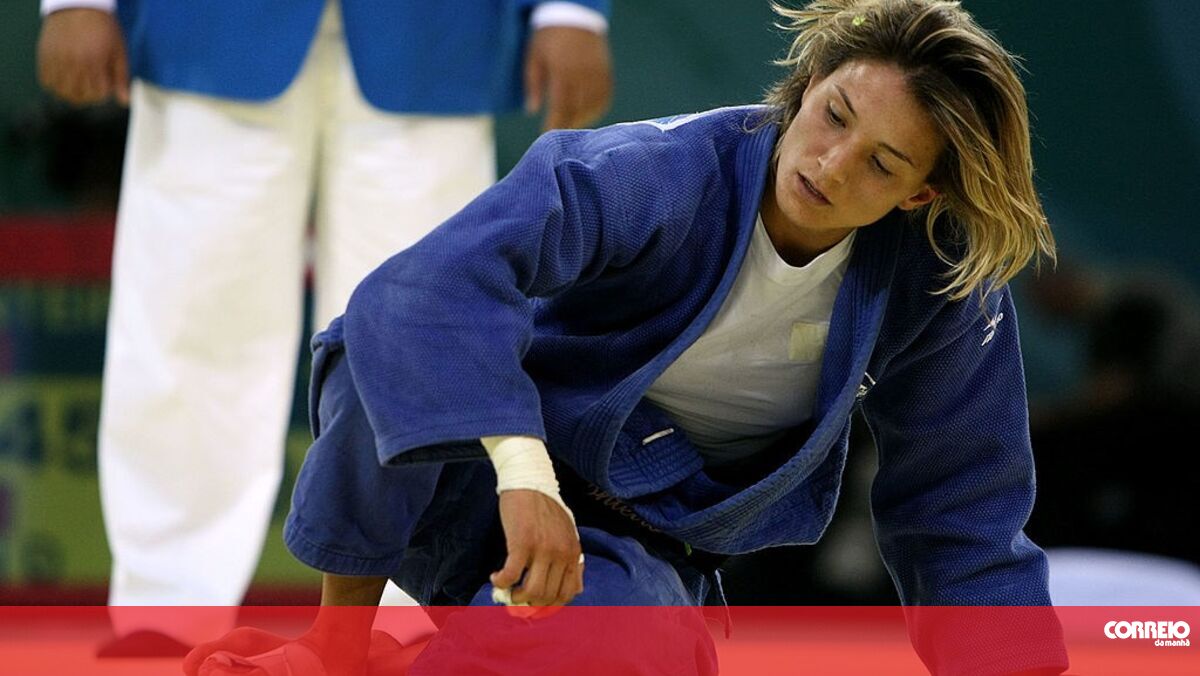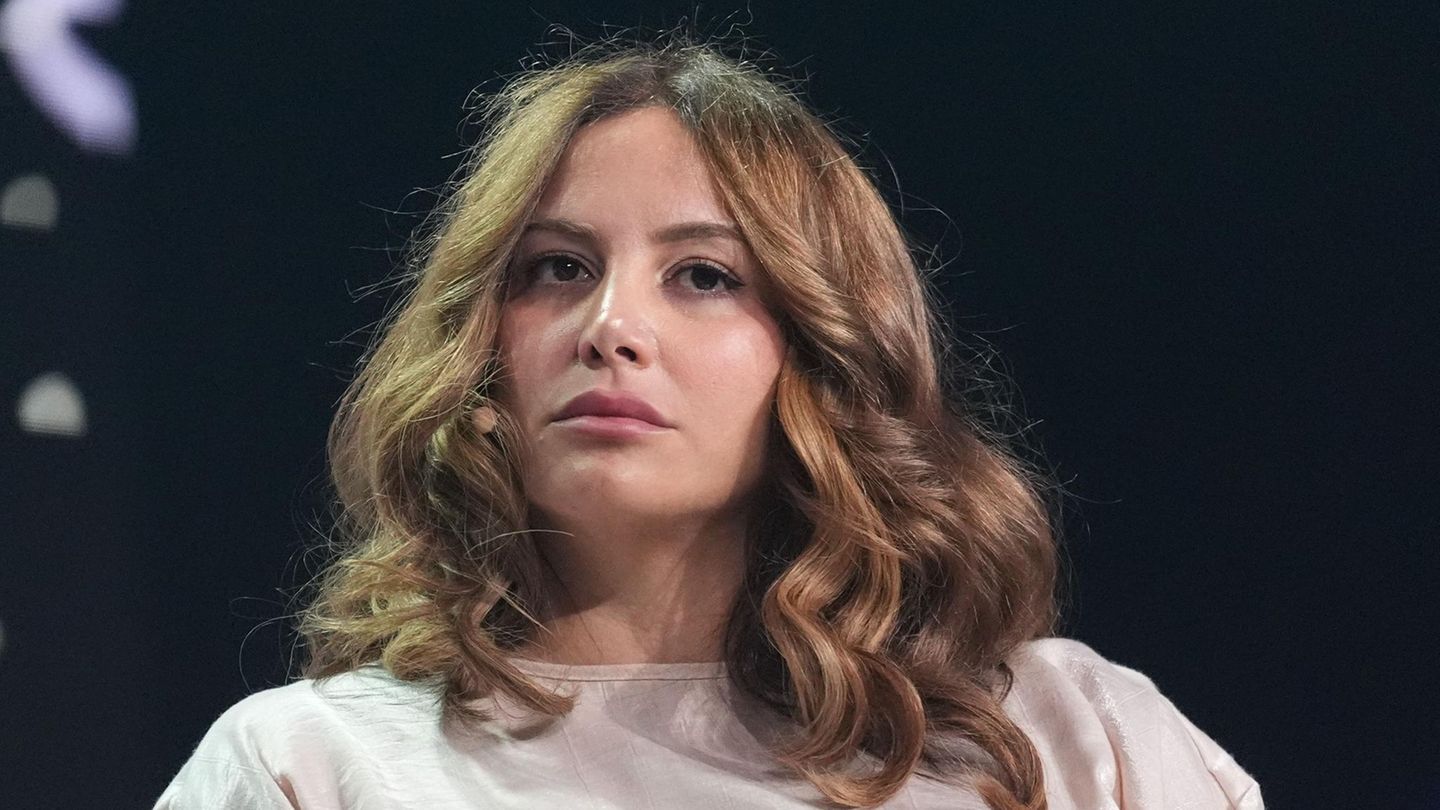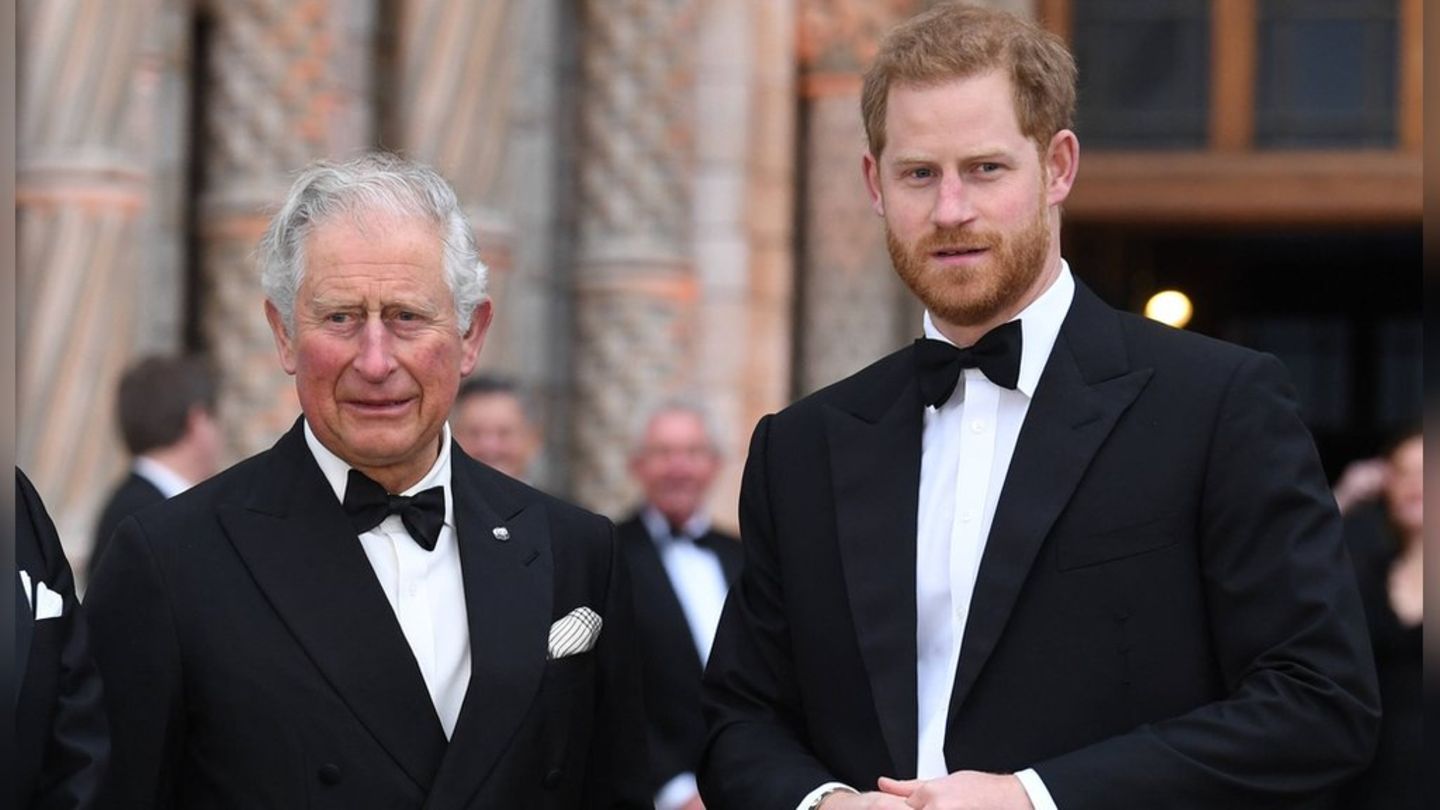Olympians Telma Monteiro, Catarina Costa, Barbara Timo, Rochelle Nunez, Patricia Sampaio and Henri Egutidze accuse the President of the Portuguese Judo Federation (FPJ) of harassment and call for the intervention of the guardians of this sport.
The letter, signed by six judokas as well as Rodrigo López, a total of seven of the 10 athletes of the Olympic modality project, contains many criticisms of Jorge Fernandez, who is accused of discrimination and threats in what they say is an “unsustainable and toxic climate.” “.
There are a few points raised by judokas who say they got together and presented their concerns to the President of the FTU, but were confronted with the “misunderstanding, flexibility and sensitivity” of the leader.
The judokas regret that Jorge Fernandes continues to insist on the mandatory presence in Coimbra of 70/80 percent of the 52 stages of the year, threatening to expel the team if the athletes do not justify this assumption.
“What was a good decision at a time when the Covid-19 pandemic necessitated the creation of a training bubble in Coimbra, allowing us to safely attend the Games, is today one of the factors with which we deeply disagree. strategy imposed by FPJ,” they say.
A scenario that they explain prevents them from participating in international internships and training with the best in the world, plus doing so in a location that they feel is not suitable: “Sometimes there are only eight athletes in training, and in the winter there are seven in the pavilion degrees of heat.”
In a statement, the judoists say that Anri Egutidze, a Georgian by origin, was prevented from speaking his native language by Jorge Fernandes, and he was excluded from the competition for “reprisals” for lack of training, and not for justified health reasons.
Also, Telma Monteiro and Barbara Timo, who interned in Italy at their own expense, say that the FPJ, through secretary Sergiu Oleinic, asked if they were there, and that the Portuguese-Brazilian was reprimanded for her presence.
“We don’t understand what the standard of coherence is – the President of the Federation says that athletes can conduct international internships at their own expense, but when this happens, they face threats, reprisals and attention,” they ask. .
However, regarding internships outside of Portugal, judoists have also criticized the FPJ for making last-minute stops and trips, “which shows the disorganization we live in and hurts the preparation of athletes.”
The seven judokas also say they don’t understand that the Judo Federation is responsible for managing the training grants that the Olympic Committee awards to each of the athletes who win them through certain athletic performance.
“Because each scholarship must be – by law – only for the athlete to whom it is assigned,” they explain, adding that the FPJ has deducted the cost of each coach accompanying the athlete from the scholarships, and that these costs “should be covered” by the Federation.
Among several issues, Jorge Fernandes is also accused of making qualifying calls to the detriment of coaches, as well as inappropriate behavior towards Brazilian-born judokas Rodrigo Lopez, Barbara Timo and Rochelle Nunez.
The president of the FPJ is accused of classifying the origins of the three judoists and the fact that they signed a document in which they gave an account of the situation in which they live, calling them “ungrateful”. .
Judoka Barbara Timo even claimed that the trips to Coimbra contributed to the depression she experienced and made public, but that the FPJ president replied that no one forced her to come from Brazil to Portugal.
Judoka Barbara Timo even claimed that the trips to Coimbra contributed to the depression she experienced and made public, but that the FPJ president replied that no one forced her to come from Brazil to Portugal.
“Several times the origins of the athletes were mentioned, which should be treated with respect and the right to express concerns or make similar suggestions to any other Portuguese athlete,” they say. “Several times the origins of the athletes were mentioned, which should be treated with respect and the right to express concerns or make similar suggestions to any other Portuguese athlete,” they say.
Less than two years before the Paris 2024 Olympics, judokas are coming to the conclusion that the “judicial administration” of their sporting and financial careers is urgent and are asking that the relevant Olympic grants be administered by the Portuguese Olympic Committee.
Less than two years before the Paris 2024 Olympics, judokas are coming to the conclusion that the “judicial administration” of their sporting and financial careers is urgent and are asking that the relevant Olympic grants be administered by the Portuguese Olympic Committee.
Author: Lusa
Source: CM Jornal




